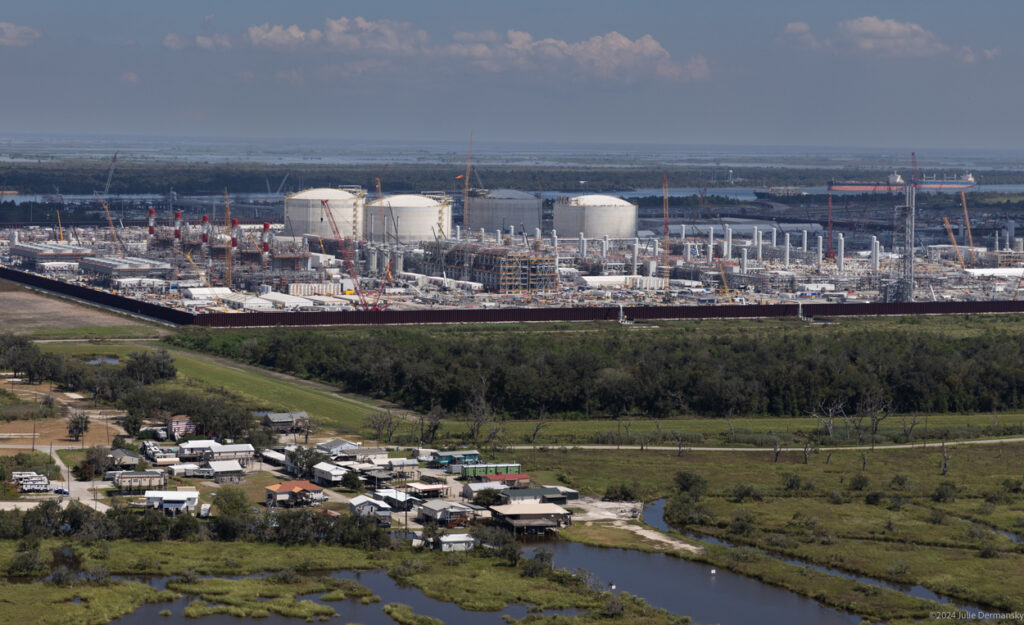In the last few years—and especially in the wake of the ClimateGate pseudo-scandal—climate researchers have become much more politically engaged. They’ve sought to become better at communication, and to have a greater influence on public policy. They’ve tried to establish rapid response capabilities, and also, better ways of protecting themselves from political harassment and lawsuits.
This didn’t happen by accident. It happened because there has been a long term campaign to attack and discredit climate science, and obscure what we actually know. Ultimately, researchers decided that they couldn’t just be silent as their knowledge was distorted, or as their colleagues were attacked.
So what did they do? Just what Albert Einstein and Carl Sagan would have done—and in fact, did repeatedly on the public issues of their day. They spoke out.
There is absolutely nothing wrong with this. In fact, it is essential. Scientific knowledge is a powerful thing, which is precisely why it is of vital importance that it gets communicated, accurately, in such a way as to influence public policy. If that isn’t happening, then not only is it natural for scientists to step up—they have a moral obligation to do so, and to do so effectively.
I say this, incidentally, because I was appalled by an article in the Washington Post today, which at least online was entitled “In climate wars, radicalization of researchers brings risks.” I know that reporters often don’t control their titles, so maybe the word “radicalization” was not Juliet Eilperin’s fault. But in the article itself, Eilperin also says that climate researchers have been “politicized,” which is also negative and judgmental, and misleading.
The thrust of the article is that the Peter Gleick-Heartland Institute affair is an indicator of growing scientist politicization around climate change. But just because one researcher (Gleick) did something that he now says he regrets—soliciting documents under a false identity—does not mean that we get to tar climate researchers as radicals or political operatives.
Indeed, the quotation that opens the piece, from American Geophysical Union president Michael McPhaden, shows just how “radical” researchers are (not!):
“Scientists today, they don’t just want to talk about it. They want to do something about it,” he said in an interview. “We’re the trustees of information which, in many ways, is of critical benefit to society.”
Exactly right. How this earns labels like “radical” and “politicized” is beyond me. There’s really nothing else in the article that justifies it either.
Nowhere, meanwhile, does the article make an absolutely fundamental distinction: Trying to spread an accurate understanding of climate science is not at all the same thing as lobbying for a particular piece of legislation, or for a particular political party. Scientists are rallying behind knowledge—not a bill on the hill, and not a particular politician.
What is happening in this Post article, in the end, is victim blaming. Completely innocent scientists who tried to learn about the world and help humanity were attacked because their knowledge was threatening to some. And yeah, some of the scientists were shocked by these attacks. Some were appalled; a few became leaders and activists (like James Hansen); and overall, the scientific community was definitely roused to do something–and to speak out.
But that doesn’t make scientists radicals. It only makes them citizens.
Subscribe to our newsletter
Stay up to date with DeSmog news and alerts







